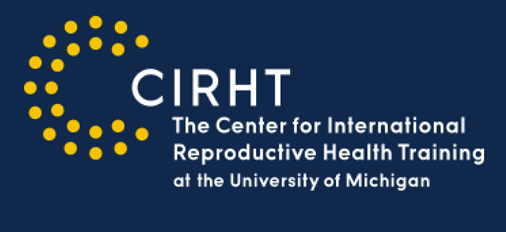Speaker
Description
Advancing Safe Abortion rights in Uganda through Strategic Litigation
Aruho Amon, Doctoral Researcher, Center for Human Rights, University of Pretoria.
Abstract.
Uganda has one of the highest burdens of unsafe abortion-related mortality and morbidity in Africa. It is estimated that over 250,000 abortions are performed in the country yearly, mostly under unsafe conditions. Despite this, Ugandan law prohibits abortion under all circumstances except where there is a risk to the mother’s life. The continued criminalization of abortion in Uganda significantly impedes women’s full realization of the human rights guaranteed under the international, regional and national instruments, including the right to health, dignity, Privacy, body autonomy, freedom from cruel, inhuman and degrading treatment, and to non-discrimination, it also leads to fear and uncertainty of health workers and other service providers that are involved in giving abortion care services.
Accordingly, this paper seeks to interrogate whether and the extent to which strategic litigation has been and can be mobilized to facilitate progress towards recognition of safe abortion rights in Uganda in keeping with the standards set under the applicable international human rights law and jurisprudence.
It is inspired by the success of strategic litigation in facilitating progress on related rights in Uganda, for instance the recognition of the enforceability of maternal health rights. The paper will analyse the place of abortion care in existing litigation efforts on reproductive rights in Uganda and the attendant jurisprudence developed by the courts. It will also identify the opportunities and strategies for strengthening litigation advocacy to facilitate the necessary changes in Uganda's abortion care laws and policy framework.
Goal
To reduce maternal mortality and morbidity by providing safe and accessible abortion services.
Objective
Raising awareness about safe abortion services and how it reduces maternal mortality and morbidity in Uganda.
Methodology
The research was undertaken through a desk review of primary and secondary literature relating to women’s reproductive rights broadly, and women’s right to reproductive autonomy, including access to safe Abortion, and the process and circumstances around the procedure. The primary literature sources included legal instruments (both hard and soft law) adopted at the international, regional and domestic level, as well as jurisprudence through which judicial and non-judicial human rights mechanisms have interpreted the relevant standards.
Results
Advancing safe abortion is a crucial aspect of curbing maternal mortality and morbidity. Research indicates that legalizing safe abortion significantly reduces maternal mortality and morbidity, more so in the context where a safe and legal abortion service is highly restricted like in Uganda.
Knowledge Contribution
Advancing safe abortion through strategic Litigation is a critical issue for women in Uganda. By addressing the legal, social, and economic barriers to Safe Abortion, Uganda can empower women to take control over their reproductive autonomy.


